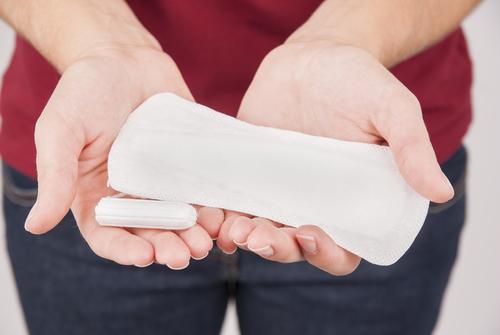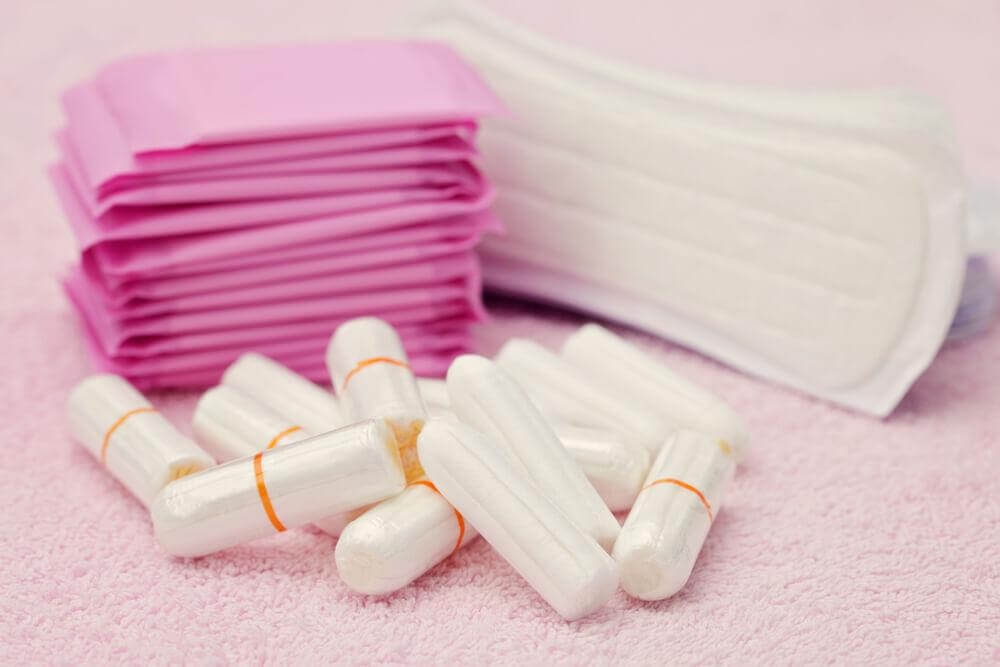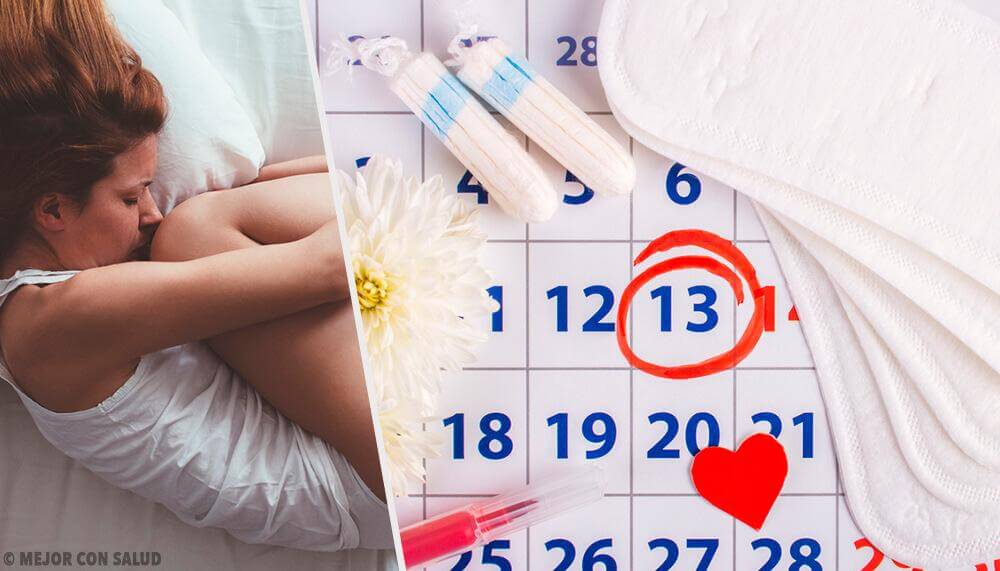How Often Should I Change my Pads During my Period?


Reviewed and approved by the doctor José Gerardo Rosciano Paganelli
Every woman should choose the pads that best suit their needs at all times during her period and change them every four hours.
Caring for your intimate area is extremely important, especially when your body starts going through changes. Therefore, continue reading if you’re going through these changes or just recently got your first period. It’s really important to know how to take care of your body, especially your intimate area.
During this stage of life, you should find out the best pads that will fit your needs. It’s also important to know how often you should change them during your periods.
How long do periods last?

The duration of periods is different for every woman.
- While some periods may last two or three days, some women have longer periods that last up to 8 days.
- Just like the duration, the flow and amount of blood are different in every woman. It’s estimated that women lose about 40 milliliters of blood each month.
Read this article too: 4 Natural Ways to Stimulate Blood Flow in Your Body
Different types of pads
There are different types of pads that are specially designed for every woman‘s needs. You can find:
- Pads with or without wings.
- Overnight pads.
- Normal flow pads to use during the day.
- Cotton pads, for women with sensitive skin, and synthetic pads.
- There are also scented or unscented pads.
- During the last days of your period, you can use panty-liners. They’re small and not so noticeable so your underwear doesn’t get soiled with the remains of your period.
- You must select the pads you’ll use depending on your flow so that accidents don’t happen and you won’t need any extra pads.
How often should I change my pads during my period?

No matter if you have a regular, moderate, or heavy flow, you must change them every four hours, tops. You need to keep in mind that, although the pad appears to be clean and dry, the blood that your body sheds gets encased due to the pad’s design.
When this happens, microorganisms that can cause infections and pose many health risks reproduce. If your flow is heavy, you should change your pads at least every two hours. This way you’ll avoid accidents and stay dry at all times.
You should also be aware that the accumulation of blood in your pad will start smelling, and this is normal. However, you must monitor this smell to make sure it’s not unbearable nor smells putrid, as this may be a red flag.
- These type of smells indicate there’s a rapid growth of microorganisms and bacteria.
- These microorganisms and bacteria reproduce rapidly due to the heat and humidity in the pad.
Take a look at this article too: 5 Home Remedies for Treating Vaginal Yeast Infections
Hygiene during your period

No matter if your flow is regular, moderate, or heavy, it’s advisable to wash your intimate area every time you change your pad, drying the area thoroughly before putting on a new one.
You should properly dispose of the pads after using them by folding it and then placing it in the packaging of the new pad. By no means flush your pads down the toilet, as they don’t disintegrate and can destroy the plumbing.
Pads also harm the environment. That’s why you should dispose of them in waste bins or trash cans. Always remember that taking care of your body and especially your intimate area is really important.
If you become aware of any changes, especially if they’re related to your period, go see a specialist immediately to find out whether they’re normal or not.
All cited sources were thoroughly reviewed by our team to ensure their quality, reliability, currency, and validity. The bibliography of this article was considered reliable and of academic or scientific accuracy.
- A Marcia, Ubilla S Felipe, Morales S Cristián, Zitko M Pedro, Burgos M Viviana, Rivera A Ma. Angélica. Hábitos higiénicos vulvo-vaginales de consultantes ambulatorias en gineco-obstetricia. Rev. chil. obstet. ginecol. [Internet]. 2015 Ago [citado 2018 Nov 16] ; 80( 4 ): 282-288. Disponible en: https://scielo.conicyt.cl/scielo.php?script=sci_arttext&pid=S0717-75262015000400002&lng=es. http://dx.doi.org/10.4067/S0717-75262015000400002.
- Cuevas Aura, Celis Cuauhtemoc, Herrán Santiago, Hernández Imelda, Paredes Osiris, Paradas Alejandro. Higiene íntima femenina y vaginosis bacteriana: Encuesta Epidemiológica Latinoamericana 2008. Rev Colomb Obstet Ginecol [Internet]. 2010 Sep [cited 2018 Nov 16] ; 61( 3 ): 198-206. Available from: http://www.scielo.org.co/scielo.php?script=sci_arttext&pid=S0034-74342010000300003&lng=en.
- Das, P., Baker, K. K., Dutta, A., Swain, T., Sahoo, S., Das, B. S., Panda, B., Nayak, A., Bara, M., Bilung, B., Mishra, P. R., Panigrahi, P., Cairncross, S., … Torondel, B. (2015). Menstrual Hygiene Practices, WASH Access and the Risk of Urogenital Infection in Women from Odisha, India. PloS one, 10(6), e0130777. doi:10.1371/journal.pone.0130777
- Jiménez Ubieto I., Zornoza A., Tarrío O.. Sangrado de origen ginecológico. Anales Sis San Navarra [Internet]. 2009 [citado 2018 Dic 17] ; 32( Suppl 1 ): 39-48. Disponible en: http://scielo.isciii.es/scielo.php?script=sci_arttext&pid=S1137-66272009000200005&lng=es.
- Serret Montoya Juana, Hernández Cabezza Abigail, Mendoza Rojas Ofelia, Cárdenas Navarrete Rocío. Alteraciones menstruales en adolescentes. Bol. Med. Hosp. Infant. Mex. [revista en la Internet]. 2012 Feb [citado 2018 Dic 17] ; 69( 1 ): 63-76. Disponible en: http://www.scielo.org.mx/scielo.php?script=sci_arttext&pid=S1665-11462012000100010&lng=es.
This text is provided for informational purposes only and does not replace consultation with a professional. If in doubt, consult your specialist.








